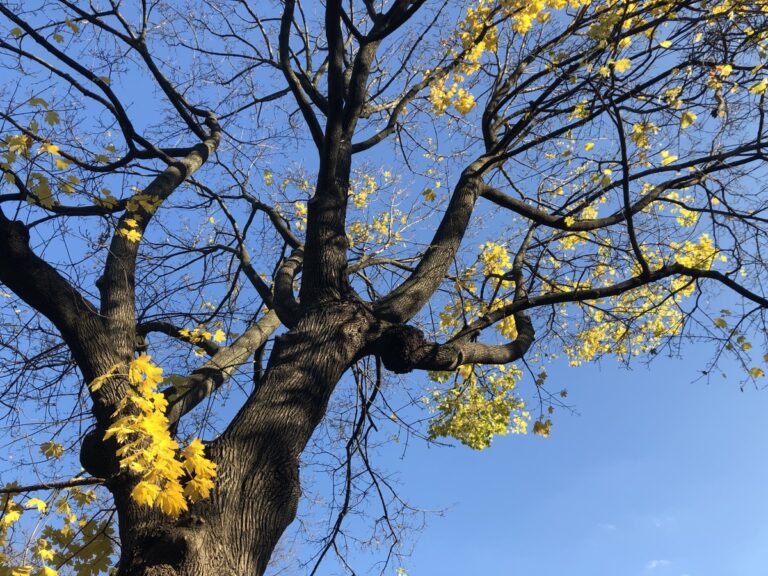Similar Posts

856th Week: Returning to Steadiness
For quite a long while now, I have invited myself and others to find the fundamental and ever-present steadiness that is an inherent part of our core presence. Within this living presence of centered and grounded awareness, there is always a steadiness that is undisturbed by anything that may be happening in our lives. It’s a practice I’ve cultivated and returned to again and again, and the habit of orienting to the steadiness that cannot be disturbed has proven to be a powerful and useful resource.
One example of the benefits of settling into the underlying steadiness we all carry at the core of our being is a mundane one, but one that has had particular importance to me. As the child in my family who felt responsible for caring for my mother’s happiness (definitely a child’s perspective!), I developed an underlying anxiety around caregiving. Needless to say, this anxiety was readily present over the years whenever animal members of my family needed medication or some other challenging treatment. Inevitably, I would be anxious—anything but calm—and that never helped. What I discovered in recent weeks, when three feline members of my household had medical issues come up, is that my practice of orienting to my internal steadiness has offered an opportunity to meet these medical needs with a calm presence that I didn’t know was possible.
For this week’s practice in conscious living, I invite you to explore the following practice to see what it might offer to you.
Read More “856th Week: Returning to Steadiness”
781st Week: The Gift of Inspiration
As I write this practice, I—along with most other people in the U.S. and in many places around the world right now—am at home practicing “social distancing”. Because of the current coronavirus pandemic, I’m not having my daily experience of crossing Central Park, to and from my office. I have to say that I miss the powerful and inspiring emergence of Spring in the park as well as the quiet presence of so many trees.
A couple of weeks ago, before we were all asked to stay home, I was in daily amazement at the beautiful colors of this season in the Northern hemisphere, the emergence of abundant, colorful life after the quiet grays and dun colors of winter. As I write this, I’m sitting at a bench I often inhabit on weekend mornings. This is a cool morning and it will be raining soon, but I wanted this early-morning opportunity to touch into this favorite place where I feel deeply connected and attuned to the nature around me.
As I sit here, I find myself wondering, yet again, how did nature ever know to create the brilliant yellows, pinks, and whites of Spring? All around me, trees are in bloom and all over the park are daffodils and other bulbs showing their wonderfully enthusiastic yellows, blues, whites, and purples. These colorful displays speak to my bodymind in ways that bring me alive, that remind me that life seems to always be waiting to express in creative and energetic ways.
Read More “781st Week: The Gift of Inspiration”
804th Week: Celebrating Our Beautiful Planet
A daily practice that has emerged for me over the years is to post an inspirational quotation and photo of nature each day on the Devadana Sanctuary Facebook page and also on the Devadana Sanctuary side of my Portal to Multidimensional Living, www.portaltomdl.com. As a result of this practice, I have found myself looking through thousands of photographs of this amazing planet each and every morning. More than once, I have found myself moved to tears by the stunning beauty and creativity of nature and have found that this has become a powerful and sacred morning practice.
One of the things I have noticed over these years is how much more aware I am of the intricacies, creativity, and stunning diversity that are part of Nature’s Intelligence. I capitalize those words because I think of Nature as a living Intelligence, one that informs and lives in, through, and as each and every one of us.
Read More “804th Week: Celebrating Our Beautiful Planet”
700th Week: Avoiding Objectifying
I recently launched a new website—Portals to Multidimensional Living—which offers me a forum for the spiritual side of my life. It’s at www.portaltomdl.com. Because I’ve been spending so much time orienting myself to the content on that website, I’ve found myself thinking more deeply about everyday life and the whole subject of conscious living. Read More “700th Week: Avoiding Objectifying”